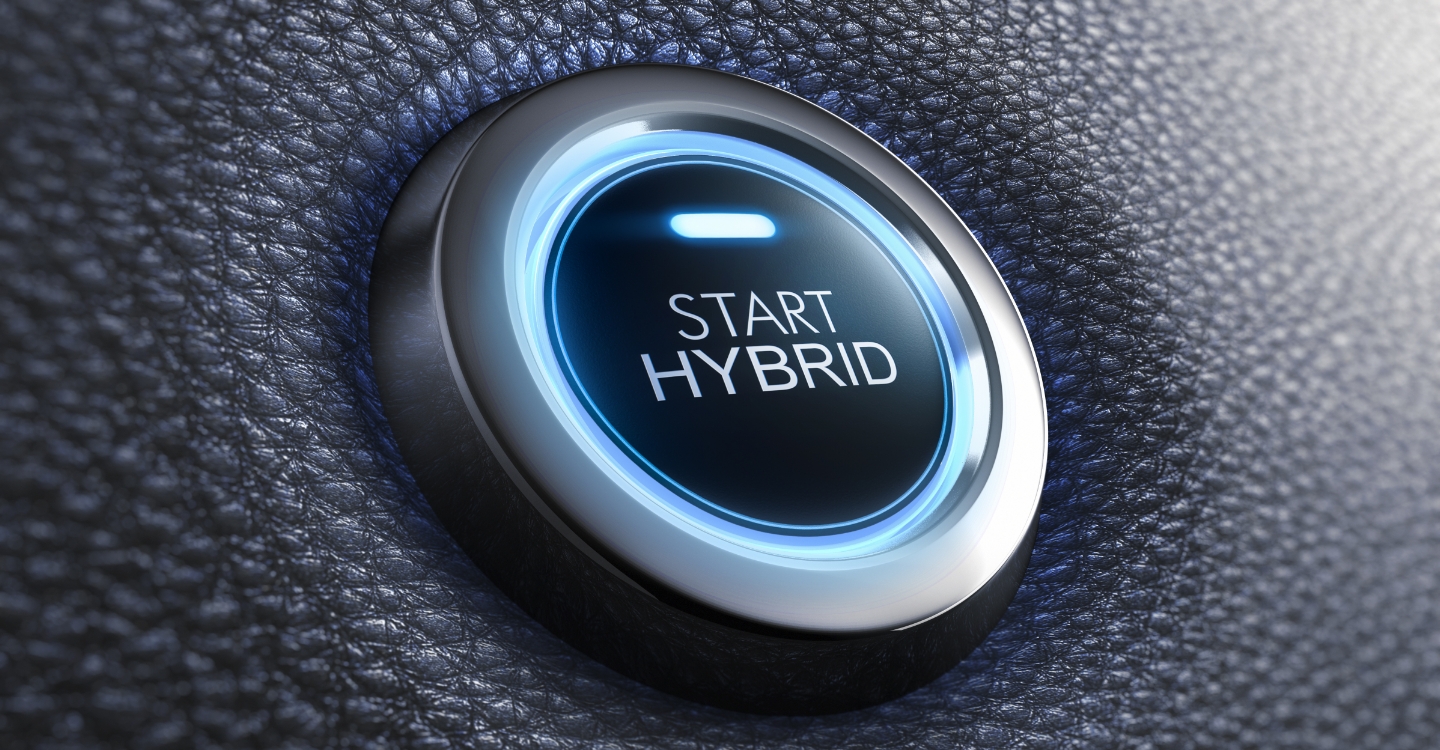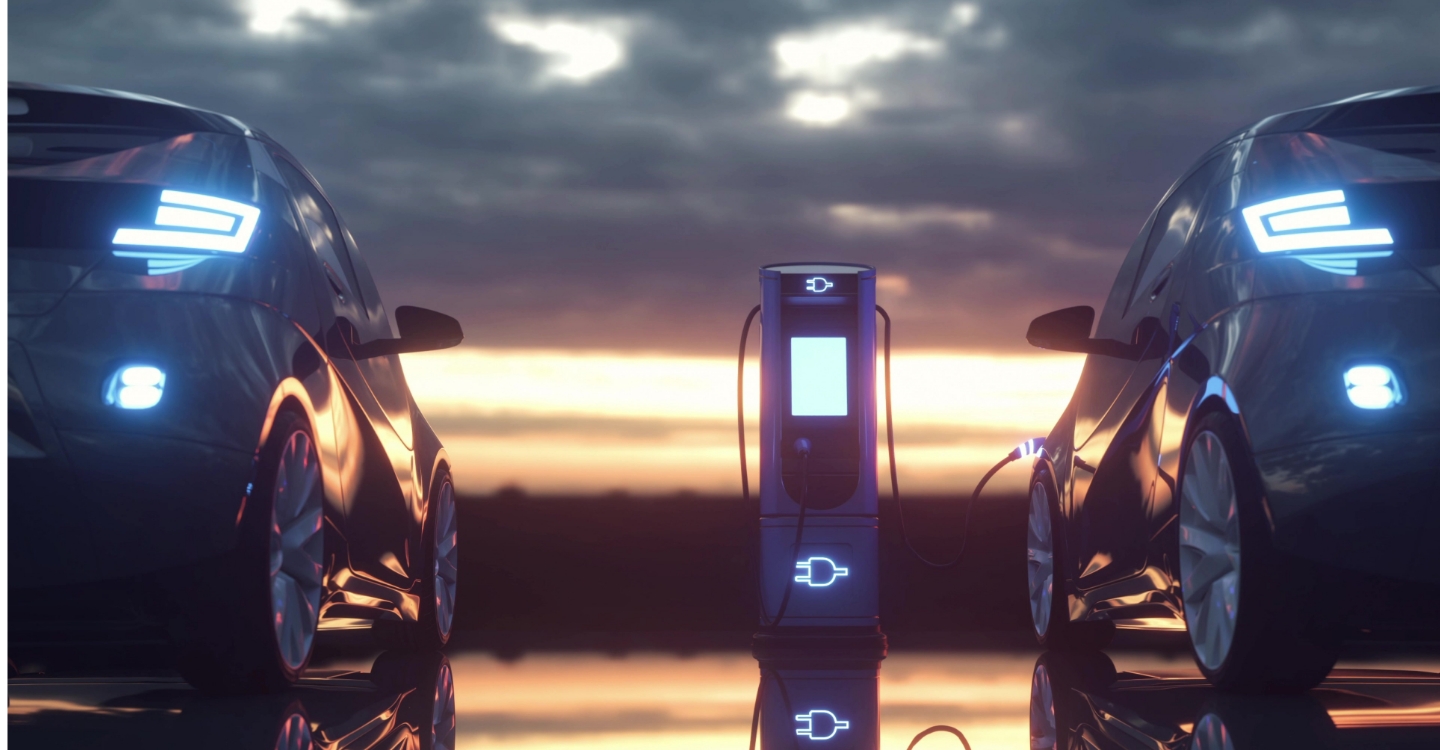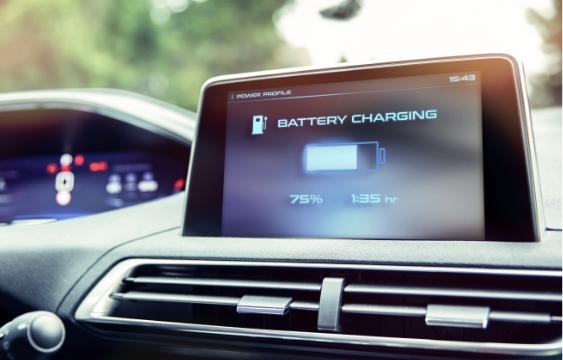Hybrid Batteries
Hybrid vehicles have become increasingly popular as batteries have become more powerful and affordable. But what are the benefits of choosing the right hybrid battery for your car? They are vehicles that are powered by gasoline and electricity. Many hybrid battery types are available, each with pros and cons. This article will give you information on the popular ones and their efficiency.

Nickel-Metal Hydride
(NiMH)
Nickel-metal hydride batteries are the most commonly used hybrid car batteries. They're efficient, reliable, and long-lasting. NiMH batteries can be recharged repeatedly without losing their charge capacity, unlike others that lose their charge capacity after being charged many times.

Lithium-Ion (Li-Ion)
When it comes to hybrid cars, lithium-ion batteries are much safer than its lead acid or nickel metal hydride counterparts. This means that if you have a hybrid car with a lithium-ion battery, you can rest assured that it will never explode on you or cause any damage to your vehicle.
Li-ion batteries are more expensive than lead acid and nickel metal hydride ones because they require a unique recharging process rather than just being charged using electricity from outlets around the house like other types.

Lead Acid Battery
Lead acid battery is a popular hybrid battery type used in vehicles for many years. It's made up of two electrodes: one positive and one negative. The positive electrode is made of lead, the main component of batteries. The negative electrode is made of lead dioxide, which gives it its white colour.

Benefits of Choosing
Hybrid Batteries
Hybrid batteries are an excellent option for cars. They're environmentally friendly because they use two different forms of energy. They also have multiple benefits over the traditional one. Here are some of the most important:
- They're cheaper than regular batteries
- They can be recharged without losing their charge
- With a hybrid battery, you never need to worry about how long it takes to recharge your car - it happens quickly.
- They don't require any maintenance or replacement, so you won't have to worry about replacing them when one starts to die on you.

Conclusion
No matter the criteria, electric vehicles are viable alternatives to their traditional counterparts. Their electric motors provide better performance and economy than gas engines. They're also better for the environment because they don't produce greenhouse gases while driving. As new technology improves electric cars, they will become more common on the road. That's a good thing for car enthusiasts and environmentalists alike.
